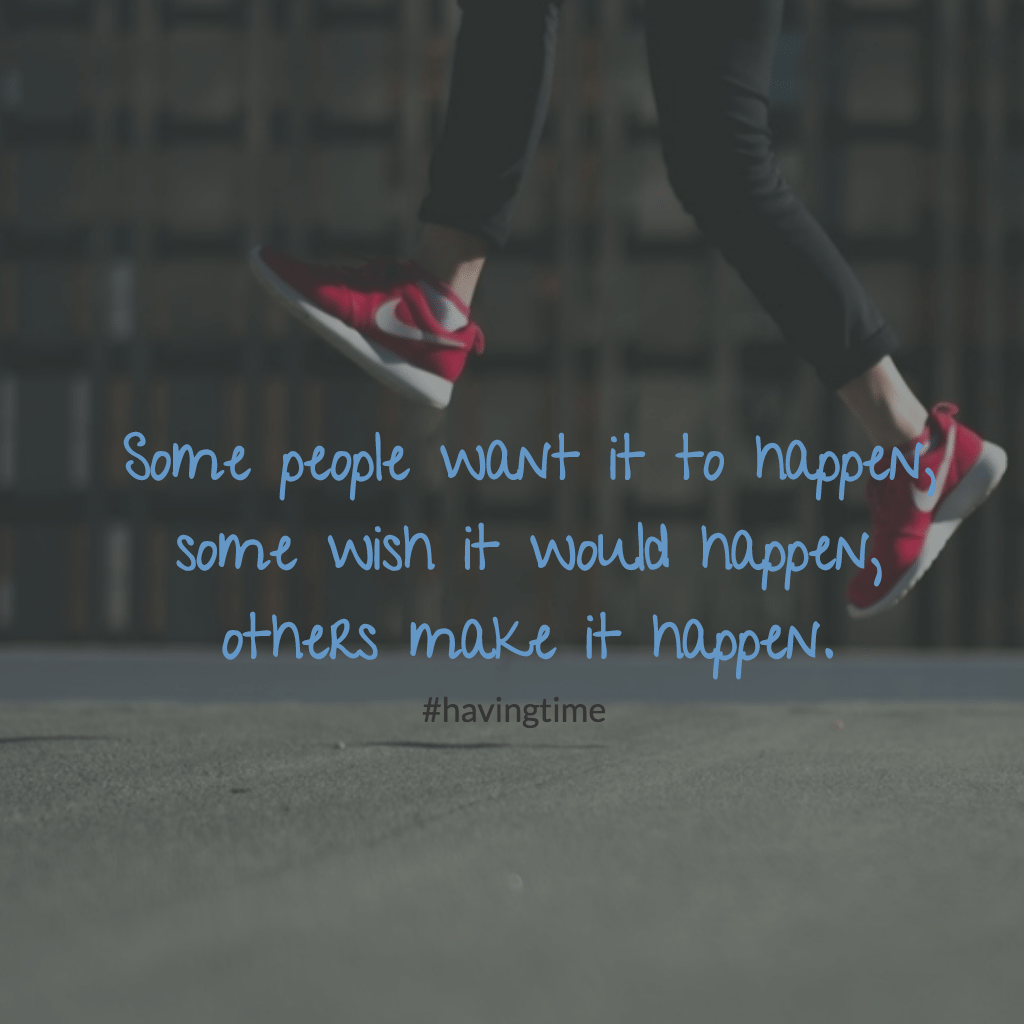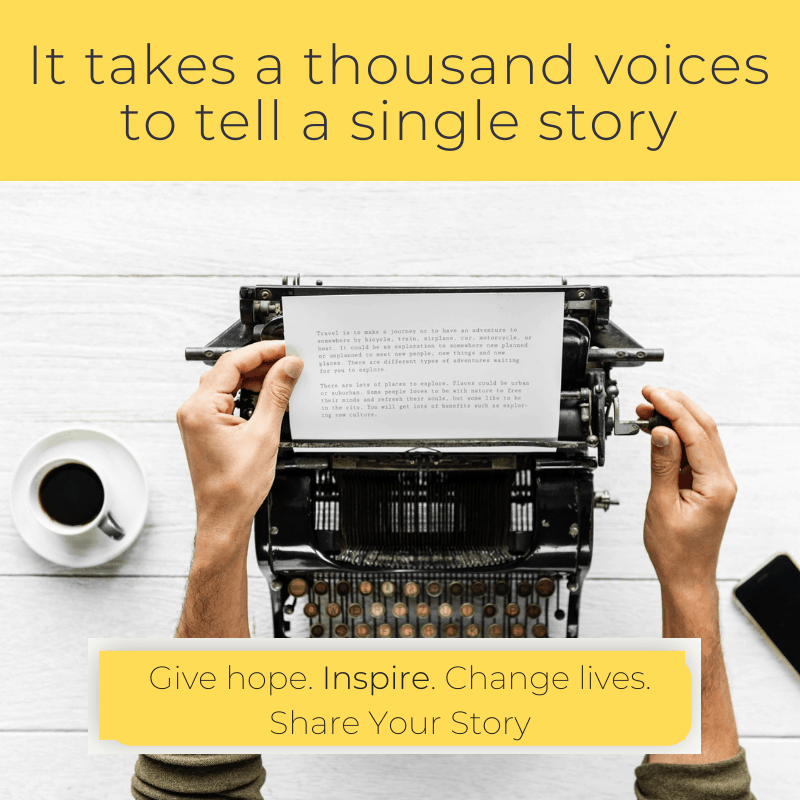
“You can’t stop the waves, but you can learn to surf.” – Jon Kabat-Zinn
Do you believe life throws us the lessons we need the most? Or how about “we teach what we need to learn?” If so, you will understand the irony here. My friend and colleague Julia Menard and I just published a book about “Staying Cool” in difficult conversations, and wouldn’t you know I am finding myself caught in a tricky conflict with some friends right now.
Sigh.
So I guess it’s time to roll up my sleeves and do the work. Here’s an instruction sheet for working your way through tough situations with friends, family or colleagues, any time you find yourself in a difficult situation or conversation.
How to Handle Difficult Situations in Life and Win Big
1. Take a breath and settle back into your body
Focus on the situation that is upsetting you. I moved to a place that I don’t love (following my husband’s work), and two friends are heading to the place I DO love that I recently had to leave.
2. How are you feeling? Here are the basic four feelings
See if you can get to that primitive hurt place within. Don’t worry; it won’t look pretty, it’s not your “best self” expressing here.
- Angry: I am so upset that my friends can live where I want to live but can’t right now. I hate feeling “shut out,” outside of the fun and cool stuff. I hate feeling like I’m missing out.
- Sad: I feel sad that my “better life” seems far away…unreachable…located in another place than where I’m living now. I feel sorry that something I love seems beyond my grasp.
- Afraid: I feel afraid that I’ll be shut out from what I love forever. I feel afraid I’ll never get back to “happy.”
- Guilty: I feel guilty that I’m mad at them. I feel guilty that I tend to feel this “shut out” or longing for something else no matter where I am.
3. Your neurobiology at work
OK, now, as you felt your feelings, chances are there were little whiffs of earlier experiences, general tendencies you have in your emotions, or childhood losses and hurts. This is your neurobiology at work, and it can help you tackle the toughest issues and grow in surprising ways.
The question to ask is: what are the unreasonable expectations (or crazy thoughts/beliefs) that are fueling my feelings?
You can see a couple in my example above. For instance:
“I’m missing out.” “What I love is beyond my grasp.” “I’ll never get what I want.” (BINGO!)
I say BINGO there as when I wrote that down, I could feel a shift inside…something opened up in my awareness; my heart gave a little shout out. Yes, that’s little 5 -year old me, around the Christmas tree, deciding that I might as well give up as I can never get what I want!
So somehow (I know it seems crazy as we are all so advanced and grown up now) I have that early 5-year old learning coloring my 50-something life now.
Sigh.
4. Another deep breath
Now… with a lot of love for yourself, compassion for that little kid’s early hurt you may have uncovered, with a tenderness and self-support that you may not be used to but are dedicated to trying… find something that feels good and right that is the antidote to the painful early belief or expectation. Not pie in the sky, something that you can hang your hat on!
Some people want it to happen, some wish it would happen, others make it happen. – Michael Jordan

“I CAN get what I want.” (In this case, it’s the opposite statement). I say that a few times and sit with it, letting it resonate, letting it infiltrate my deep bones and body. At first, I feel my brain reject it. (“Yeah, right”). That’s one of my defenses acting up. But I breathe through that, bringing it in a bit deeper.
“I CAN get what I want”. Try saying it very, very slowly, so you give your emotional brain time to process it. What happens for me, my mind begins to naturally travel to instances where this was so, where I decided I wanted something and made it happen, or where life gave me surprises that were just what I wanted. I don’t have to force this, as I slowly say the new sentence my mind begins to discover its truth.
Funny things can happen. For instance, as I say “I CAN get what I want” I realize that at times I get what I think I want, and it’s not the answer to my happiness. What I want or think I need can be misguided. The “really” stands out too; I get a sense of all the minor cravings and longings that come and go (geez, how much money have I spent on this stuff?), and I notice my mind wants to find a truer, deeper sense of what I value most in life.
As I say this, “I CAN get what I want” I begin to feel lighter, and have more of humor toward my tendency to seek outside of myself for my happiness. I can feel more kindness towards myself, and a little more forgiveness to my friends.
So that’s one of the tools from our book, and I do feel better. But honestly, there still is a little jangling upset when I think of my two friends, so I know there is more work to be done. Yes, I’m going to have to go through this whole process again, focusing on other people, and why I get so angry and rejecting when I feel they are getting something better than me. Oh dear, sounds like that hurt five-year-old again!





